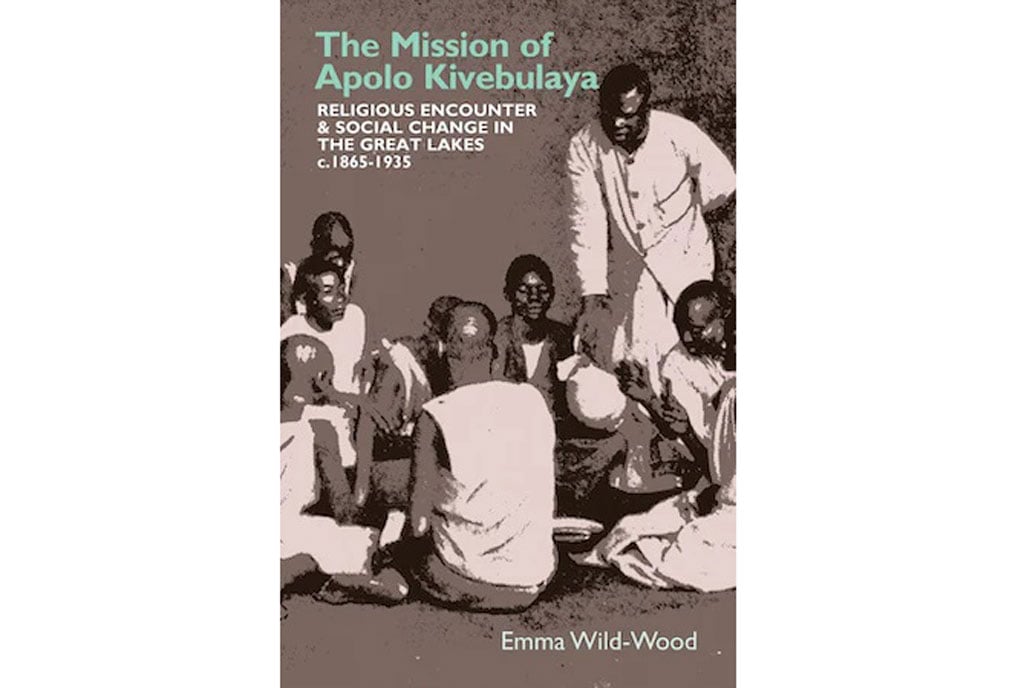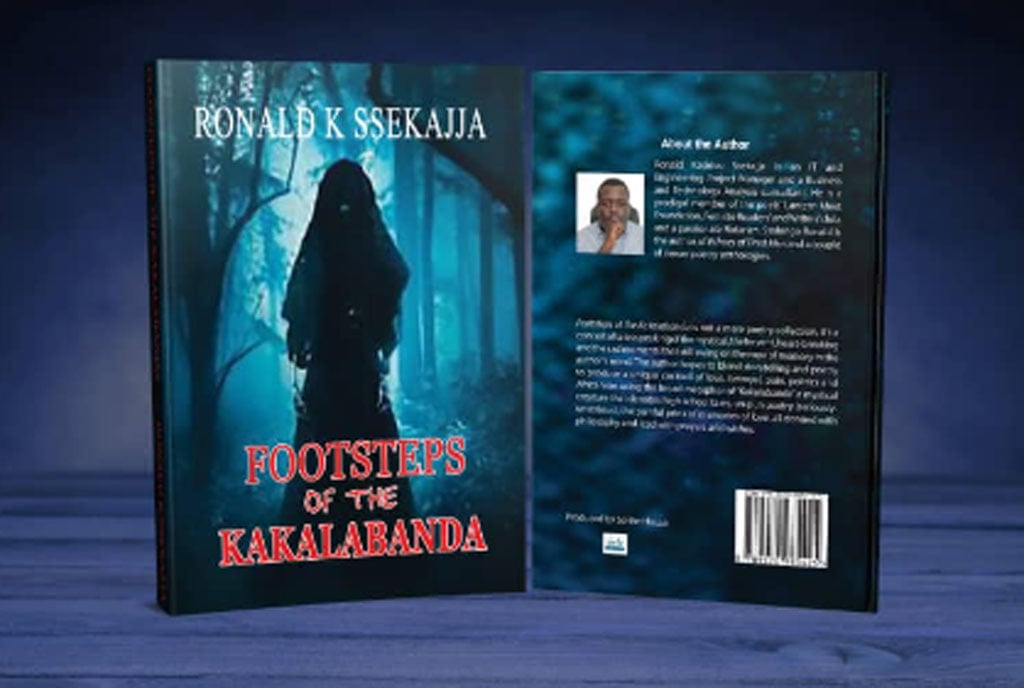Prime
Kivebulaya’s domestication of Christianity

Book cover. PHOTO/COURTESY
What you need to know:
- Book title--The Mission of Apolo Kivebulaya: Religious Encounter & Social Change in the Great Lakes
- Author: Emma Wild-Wood
- Pages: 317
- Price: Shs30,000
- Where: Uganda Museum Library.
- Published: 2017
The Mission of Apolo Kivebulaya: Religious Encounter & Social Change in the Great Lakes c.1865-1935 by Emma Wild-Wood is a superbly informative biography.
In Uganda’s walk with Jesus Christ, Reverend Apollo Waswa Kasirye Munubi Apuuli Kivebulaya is a demi celebrity. He began his spiritual journey as an animist (the attribution of a living soul to plants, inanimate objects, and natural phenomena) who was converted to Islam by his father aged anywhere between five and twelve when Kabaka Mukabya Mutesa observed his first Ramadan in 1867. Later, a letter was written by explorer Henry Morton Stanley, which appeared in the London Daily Telegraph requesting missionaries to come to Kabaka Mutesa’s court.
Known as Bula Matari or “Breaker of Rocks” by locals in Congo, his letter broke the ice and the first Church Missionary Society (CMS) missionaries arrived in Buganda on June 30, 1877. In 1895, Kivebulaya became a Christian missionary who operated from Buganda to Toro and Ituri in the Democratic Republic of the Congo. In the latter location, he steered the evangelism of the Mbuti pygmies. Kivebulaya, a diarist and Universalist, wrote: “The Lord loves us all…the Messiah died for us all…God gives life to us all…we are brothers and sisters with Jesus.”
It is this embracive message that Professor Wild-Wood, a Senior Lecturer of African Christianity and African Indigenous Religions and Co-director of the Centre for the Study of World Christianity at the University of Edinburgh, describes as a galvanising force to convert Africans to Christianity.
Something that was different from Islam, which sought to Islamise Africans. Christianity, on the other hand, sought to Africanise Christianity, to a limited degree, in order to familiarise Africans with its Salvationist power. Through the domestication of Christianity, the missionaries melded Christian practices and beliefs with tradition. This is known as inculturation or the adaptation of Christian liturgy to a non-Christian cultural background.
To be sure, inculturation recognised “Mpisa”, or customs of the past. Then, in order to reorder society and reimagine the world in the image of Jesus Christ, there was “Dini.”
These two tendencies—Mpisa and Dini—complemented each other to ensure that Africans did not feel alienated by Christianity.
As these tendencies took root, African ancestors, who were seen as divine beings, were shunted to the tall grass as Africans embraced monotheism (the belief in one God).
To effect this weaning of Africans away from the clutches of traditional religions, the missionaries required men such as Kivebulaya who understood the habits of thought amongst the Baganda.
It didn’t stop there, however.
“Honour (ekitiibwa) was the permanent value in Ganda society. The relations which ensured the achievement and maintenance of ekitiibwa provided social cohesion to the kingdom. The fount of ekitiibwa was the Kabaka,” the author writes.
Nonetheless, this value, amongst others, had lost much of its purchase in Buganda’s nineteenth century moral economy at the time of Kivebulaya’s youth. This is because of the increasing violence in Buganda, which also affected the social advancement of the Bakopi (commoners).
This violent society, the author notes, was ripe for a change when Christianity came along. So Bakopi such as Kivebulaya, who were on the business end of such violence in Buganda, quickly embraced it.
They needed change, Dini and Christianity provided it. In Toro, where Kivebulaya played a central role as a civic figure, Omukama (king) Kasagama ensured Christianity was ‘nationalised’ as the elite of that kingdom, Protestants, made it their own.
Using the Bible as his compass, Kasagama sought to unite Toro around his kingdom. He was baptised “David” after the Old Testament king, and he called his kingdom Bethlehemu where Jesus Christ and David were born.
In all this, Kivebulaya played a transformational role. His role, then, begs the question: if he played a central role in indigenising Christianity, which several Africanist scholars consider the forerunner of colonialism, wasn’t he just another sub-colonialist? In popularising the assumed greatness of Kivebulaya, aren’t we sugar-coating colonialism? After all, we are continuously reminded by the author of how brutal and violent Buganda’s pre-Christian era was. These reminders, by extension, imply that Christianity saved Buganda from itself. By this token, the author runs the risk of making imperialism, colonialism’s clubfooted cousin, more receptive.
The distinction between colonialism and imperialism is one of degree. Both lead to the economic, cultural and political domination of one country over the other. However, imperialism is more subtle and is thus likely to have a more lasting impact.
We see signs of such subtle cultural domination in the words “Christian pages at court, some of whom had refused Mwanga’s sexual advances…”
The pages were male. So with Mwanga being tagged as gay, with no conclusive evidence or proof, homosexuality is subliminally normalised in Uganda.
Interestingly, according to the author, gender was not fixed in pre-Christian Buganda for Bakopi.
This reflects a sexually variable 21st century reality in which gender is seen as a social construct.




